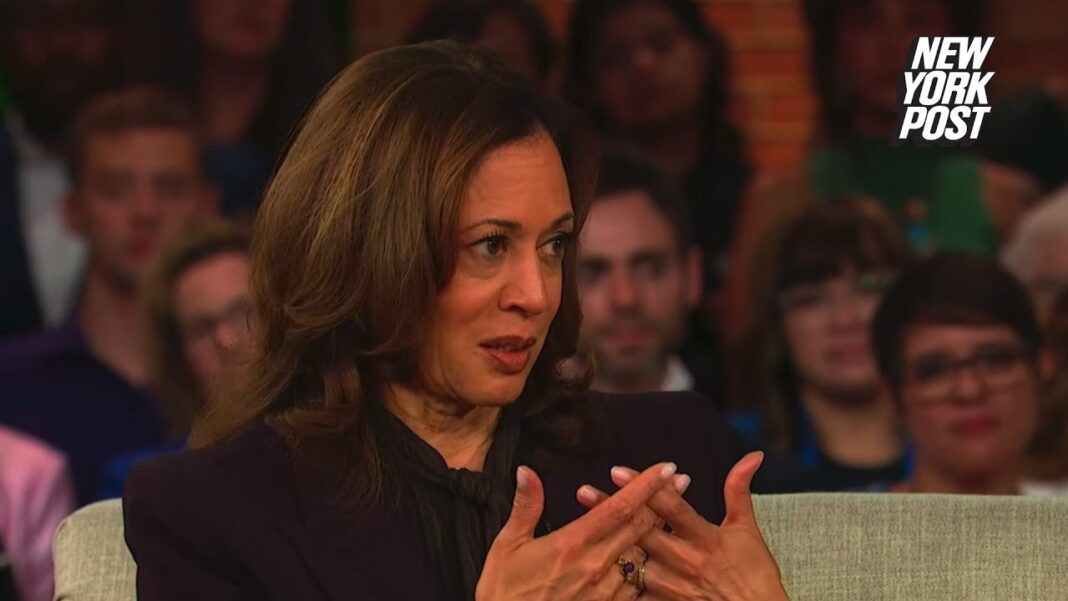The bill includes extra conditional funding for the Secret Service in the wake of two attempted assassinations of former President Donald Trump.
House Republican leaders on Sept. 22 unveiled a short-term measure to fund the government through Dec. 20.
The stopgap measure is largely a “clean” continuing resolution, meaning a stopgap measure without partisan or controversial bill riders attached, although it includes additional funding for the Secret Service.
The bill was introduced eight days before the Sept. 30 deadline to fund the government and avoid a government shutdown.
House Speaker Mike Johnson (R-La.) said in a letter to colleagues that a continuing resolution “is the only option that remains” to prevent a government shutdown due to the Senate’s failure to pass any of the year’s 12 appropriations bills.
Last week, the House rejected a bill to continue to fund the government into March that included the Safeguard American Voter Eligibility (SAVE) Act, which would require proof of citizenship to register to vote.
Fourteen Republicans joined 206 Democrats in voting against the bill. Some Republicans rejected the measure outright, while others criticized the inclusion of the SAVE Act as largely for show, with no chance of becoming law or being implemented before Election Day.
Democrats described the six-month stopgap as punting the deadline too far into the future and said the SAVE Act was unnecessary because laws on the books prohibit voting by illegal immigrants.
House Minority Leader Hakeem Jeffries (D-N.Y.) didn’t give a firm position on whether Democrats would support the latest iteration of the resolution, saying in a statement that they would “collectively evaluate” the legislation when they return on Sept. 23.
Conditional Secret Service Funding
While it is mostly clean, the measure includes additional funding for the Secret Service. The proposed funding was added in the aftermath of two assassination attempts against former President Donald Trump.
The resolution sets aside an additional $231 million for the Secret Service beyond the $3 billion that the agency received for fiscal 2024.
By Jackson Richman and Joseph Lord








